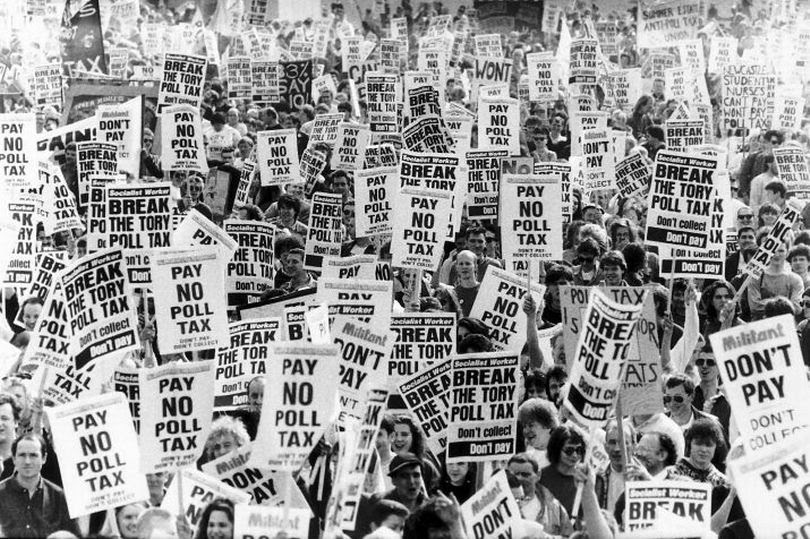The recent call for a civil disobedience movement by the founder of Pakistan Tehreek-e-Insaf (PTI) has raised serious questions about the party’s priorities and its understanding of economic realities. This campaign, which targets overseas Pakistanis by urging them to stop sending remittances, appears not only reckless but also deeply harmful to the very people it claims to represent.
Civil disobedience has historically been a tool for fighting oppression, but its misuse here reveals a dangerous attempt to destabilize Pakistan for political gain.
Overseas Pakistanis are one of the biggest contributors to Pakistan’s economy. Remittances sent by expatriates form a critical lifeline for millions of families and play a major role in sustaining the country’s foreign reserves.
According to the State Bank of Pakistan, remittances account for over $31 billion annually, with the majority coming from Gulf countries, including Saudi Arabia, the UAE, and Kuwait. These funds are not gifts to the state; they are essential support for families struggling with rising inflation and an unstable economy.
Asking expatriates to stop sending money ignores the reality that this would directly harm ordinary citizens their parents, siblings, and children who rely on these funds for basic needs like food, healthcare, and education.
PTI’s rhetoric shows a complete disregard for the already fragile economic condition of the country. Pakistan is teetering on the edge of economic collapse, facing high inflation, a growing debt burden, and challenges in meeting IMF loan conditions.
Remittances help keep the country afloat during such tough times. By halting this critical inflow of money, PTI’s civil disobedience campaign risks further pushing Pakistan towards bankruptcy, all in an attempt to pressure state institutions for its political return.
This strategy, if followed through, would amount to self-sabotage at a national scale—a move that prioritizes political power over national well-being.
More troubling is the lack of clarity and organization within PTI itself. Even senior leaders like Ali Amin Gandapur have admitted that they have not received any instructions regarding the civil disobedience campaign. This confusion reflects poorly on PTI’s leadership and raises doubts about the seriousness of this call.
A party that cannot coordinate internally cannot expect to implement effective policies or lead a country. Furthermore, the failure to issue instructions to local supporters while targeting overseas Pakistanis reveals a calculated strategy: PTI knows that domestic civil disobedience is unrealistic and politically costly, so it is instead weaponizing expatriate sentiment to hurt the economy.
Historically, successful civil disobedience movements such as Gandhi’s campaigns in India have had clear moral and social justifications. They sought to achieve justice for oppressed groups or to fight against colonial powers. However, PTI’s call lacks such legitimacy.
It is not a fight for the people; it is a political tactic to create chaos. Encouraging a collapse of Pakistan’s economy serves no one except those seeking leverage over the state. Leaders who put their personal ambitions above national stability are not serving democracy they are weakening it.
The consequences of PTI’s proposed civil disobedience would be catastrophic for ordinary Pakistanis. Families already living paycheck to paycheck would suffer. The economy would face further strain, leading to job losses, higher inflation, and reduced foreign investment. Pakistan’s standing in the international community would also take a hit, as such instability would discourage partners and donors from extending much-needed economic support.
PTI’s leadership must realize that playing with the economy is not a political game. Civil disobedience, when misused, does not hurt the state—it hurts the people. It is the small business owners, farmers, students, and elderly citizens who will pay the price for such irresponsible actions. Overseas Pakistanis, who work hard under difficult conditions abroad, should not be turned into tools for political pressure. Their sacrifices deserve recognition, not manipulation.
Pakistan cannot afford further division and instability. The nation needs leaders who offer solutions, not slogans. Instead of undermining the economy, political parties should focus on governance, reforms, and policies that benefit the people. It is time for responsible leadership that unites the country rather than tearing it apart for political gains. PTI’s call for civil disobedience is a dangerous move that must be rejected by all those who care about Pakistan’s future.


